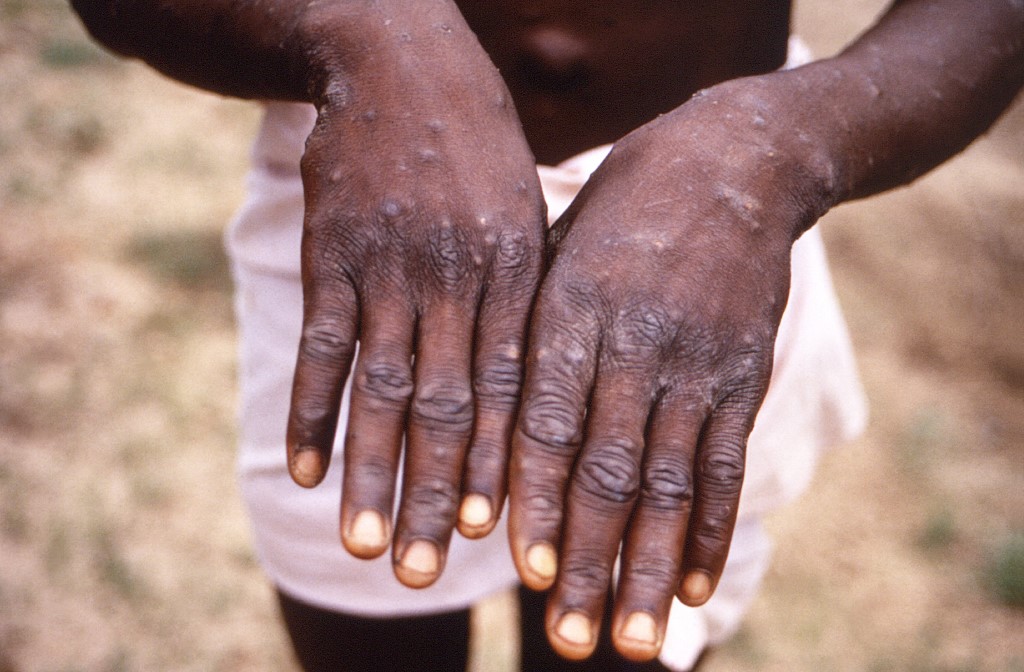The 200 cases of monkeypox reported in recent weeks outside countries where it usually circulates could be the “tip of the iceberg,” the World Health Organization (WHO) warned Friday, but called for no “panic.”
“We don’t know if we are only seeing the tip of the iceberg,” acknowledged Sylvie Briand, WHO’s chief of epidemic and pandemic preparedness and prevention, during a briefing.
Experts are now trying to determine the causes of this “unusual situation,” she added. Preliminary investigations do not seem to indicate that the virus has changed or mutated and Briand believes it is possible to stop the spread.
“We have a good chance to stop transmission now,” he said. “If we put the right measures in place, we can probably contain this easily.”
The United Kingdom was the first country to sound the alarm on May 7 and since then, nearly 200 cases have been reported to the U.N. health agency from countries where the virus is not endemic.
The European Center for Disease Prevention and Control (ECDC) has put the number of cases at 219. Monkeypox is endemic in eleven countries in East and Central Africa. But in recent weeks, there have been cases in more than 20 other countries, including the United States, Australia, the United Arab Emirates and the European Union.
The Spanish Health Ministry on Friday reported a total of 98 cases so far, slightly more than the United Kingdom, where there are 90 confirmed infections.
In Portugal, the number of cases is 74, health authorities said Friday. All of those infected are men and most are under 40 years old, they said.
Do not panic
“We are still at the beginning of this event,” Briand told representatives of member states present at the World Health Assembly in Geneva.
“We know there will be more cases in the coming days,” he said, although he stressed that there was no need to “panic.”
“This is not a disease that the general public should be concerned about. It is not covid or another disease that is spreading fast,” he qualified.
Monkeypox belongs to the same family as smallpox, which killed millions of people each year before it was eradicated in 1980. But monkeypox is much less serious and has a mortality rate of 3-6%, depending on the case. Most of those infected recover in 3 to 4 weeks.
Early symptoms include fever, headache and back muscle aches. Then skin rashes, lesions, pustules and finally scabs appear. Several experts stressed that although this virus can be contracted during sexual intercourse, it is not a sexually transmissible disease.
Transmission requires close and prolonged contact between two people and takes place mainly through saliva or pus from skin lesions arising during infection.
At the moment, there are not many treatment possibilities, but there are some antivirals developed against smallpox, including one that was recently approved by the European Medicines Agency, Briand said.
Vaccines developed for smallpox have also been found to be 85% effective in preventing monkeypox.






